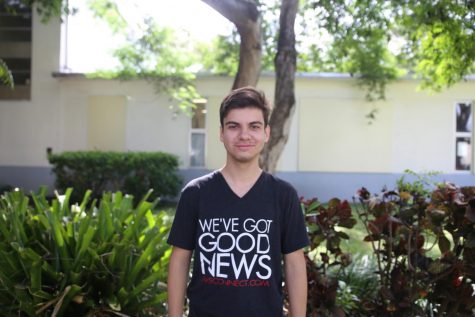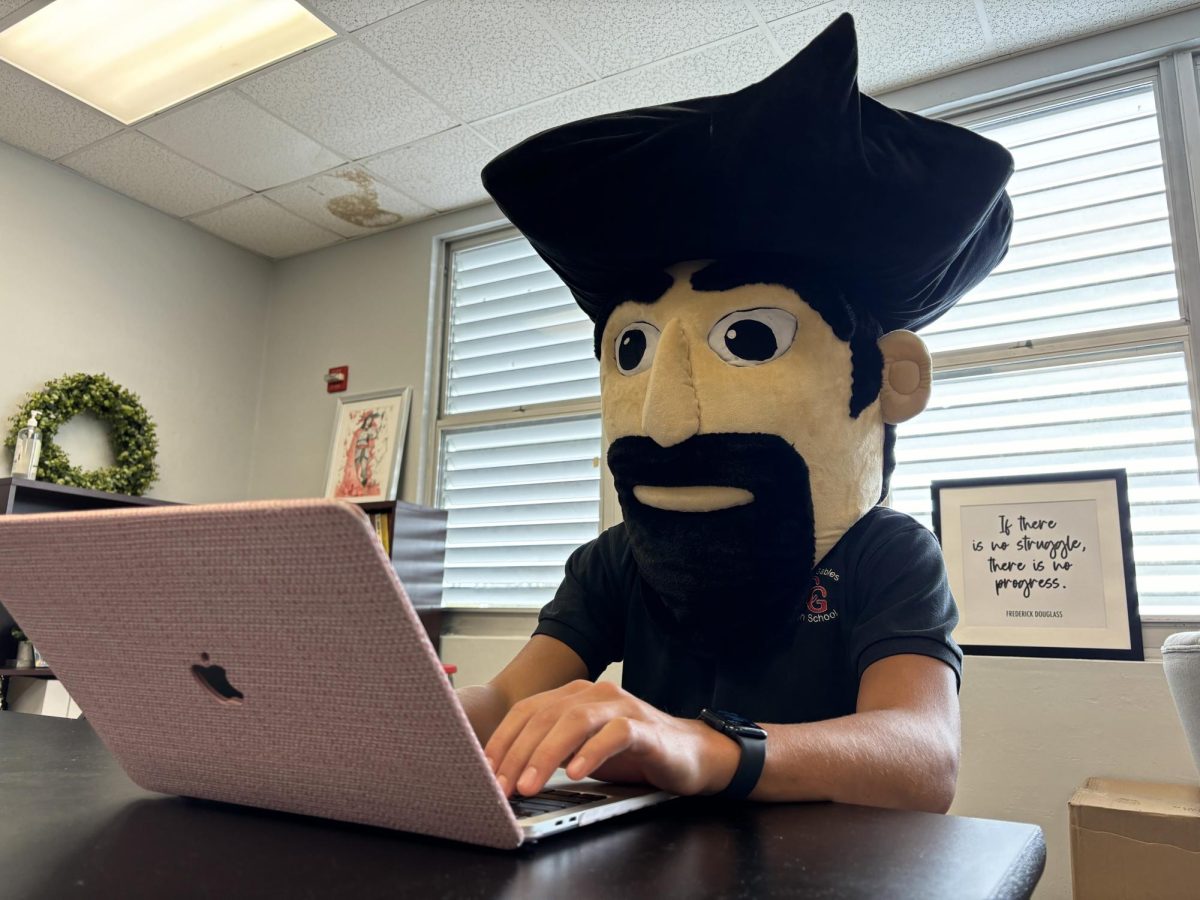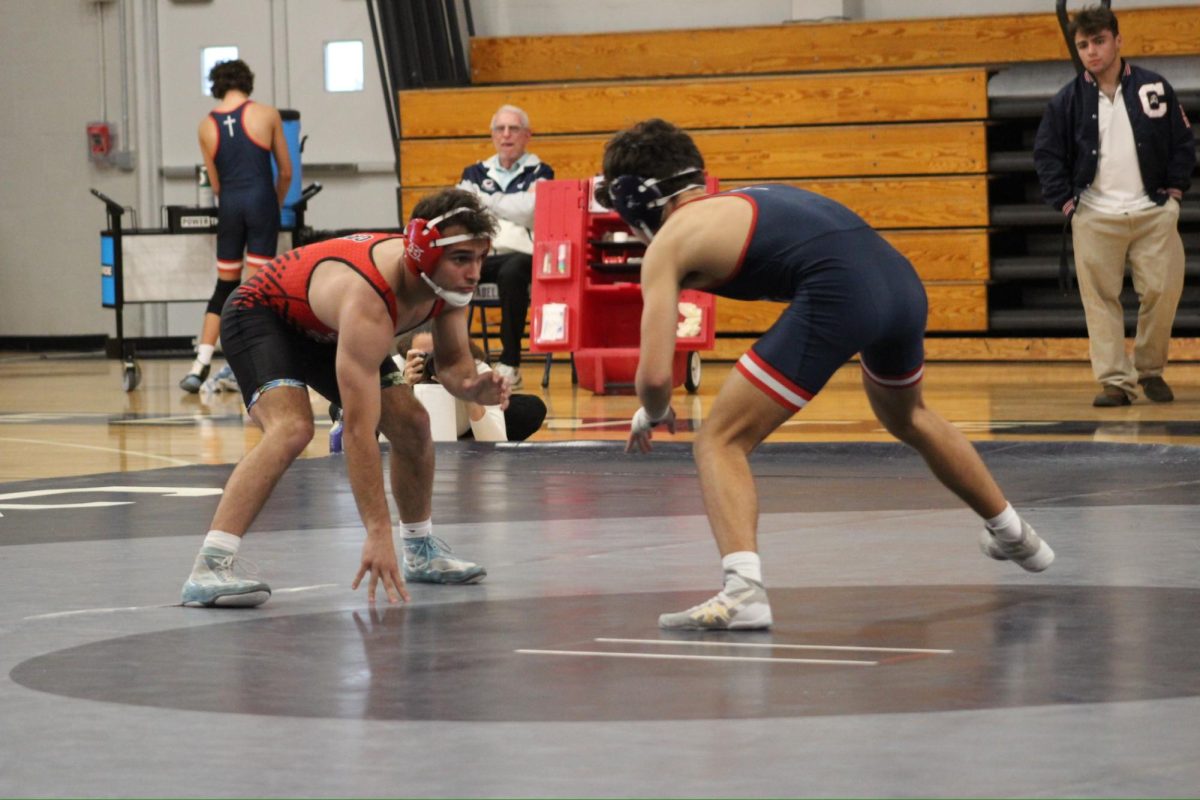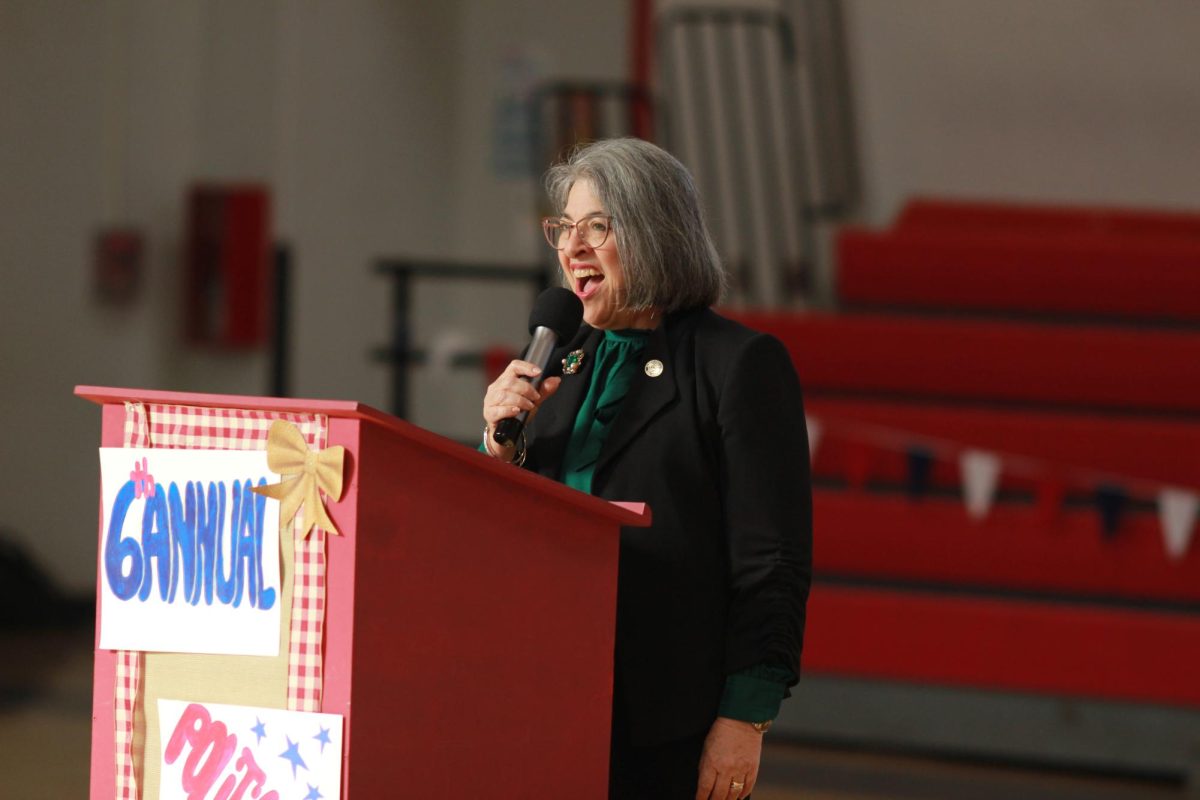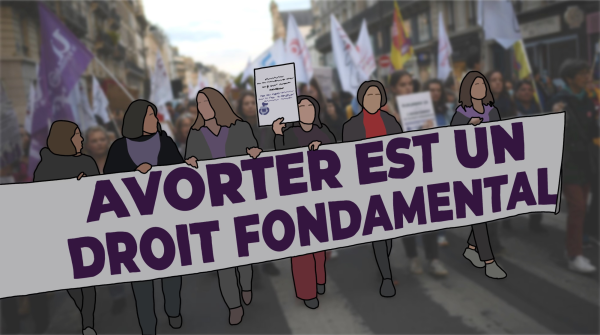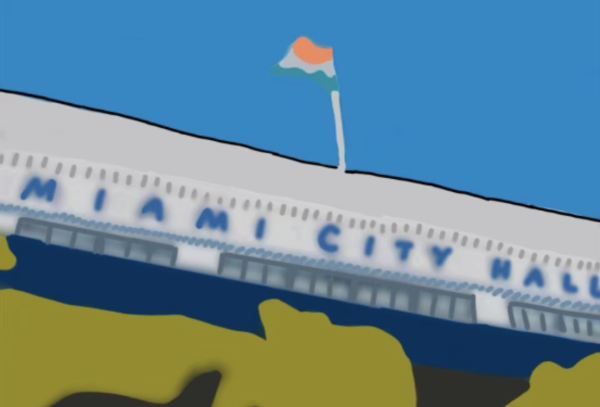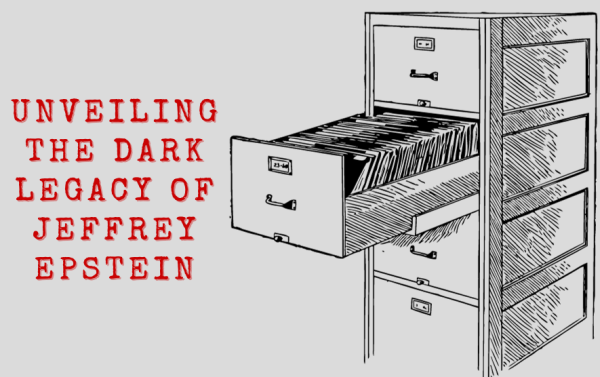Remembering Senator John McCain
Aug 27, 2018
After a year-long battle with brain cancer, Senator John McCain died on Aug. 25, only a day after announcing that he would no longer receive treatment for his cancer. His body will lie in state at the rotunda of the United States Capitol, an area often referred to as the heart of the Congressional structure. Only 31 Americans have laid in state at the rotunda, an honor reserved for public servants who have made a profound impact on society.
McCain graduated from the U.S. Naval Academy in 1958. Following in the foot steps of his father and grandfather, he joined the Navy as an aviator. While flying a mission during the Vietnam War in 1967, McCain’s plane was shot down over North Vietnam, where he was held as a prisoner of war until 1973. His tragic capture thrust him into the spotlight across the country, where he was revered as a war hero. Upon returning to the United States, he was presented with the Purple Heart Medal and the Bronze Star Medal due to his outstanding service in combat. McCain retired from the navy as a captain in 1981.
The Senator’s storied political career began in 1982, when he joined the U.S. House of Representatives as a member from Arizona’s 1st District. Five years later, McCain won a seat in the Senate, where he then served 31 years until his death. Often referred to as a “maverick”, his quest to do what he thought was best for the American people could not be stopped by partisan politics, earning him respect as a leader from both sides of the Senate aisle. “He was without a doubt one of the best American leaders and role models we have had in Washington for a long time,” senior Dylan Carol said.
At the heart of McCain’s multiple senate runs and two presidential campaigns were not only his military experience, but also his call for drastic campaign finance reform. This pursuit of a policy that upset the status quo, and thus many politicians beholden to donations from large corporations, resulted in widespread backlash throughout his own party. Conversely, many people came to respect McCain for his willingness to stop at no cost to carry out the promises he made to his constituents. “I think John McCain serves as an example of how politicians, regardless of their respective views, should come together on issues in order to better serve the American people,” senior Angelle Garcia said. The dismissal of traditional partisan politics in the interest of what is right will serve as one of McCain’s most enduring legacies.
Former Presidents Barack Obama and George H.W. Bush are slated to give the eulogies at McCain’s funeral in Washington, while Obama’s Vice President Joe Biden gave a moving speech at the Senator’s memorial service in Phoenix on Thursday, Aug. 30. Biden was seen holding back tears while speaking about McCain’s legacy and their long time friendship as senior members in the Senate. Senator McCain will be missed greatly by not only his colleagues in Congress, but also by the American public, who now mourn the loss of a national icon.


